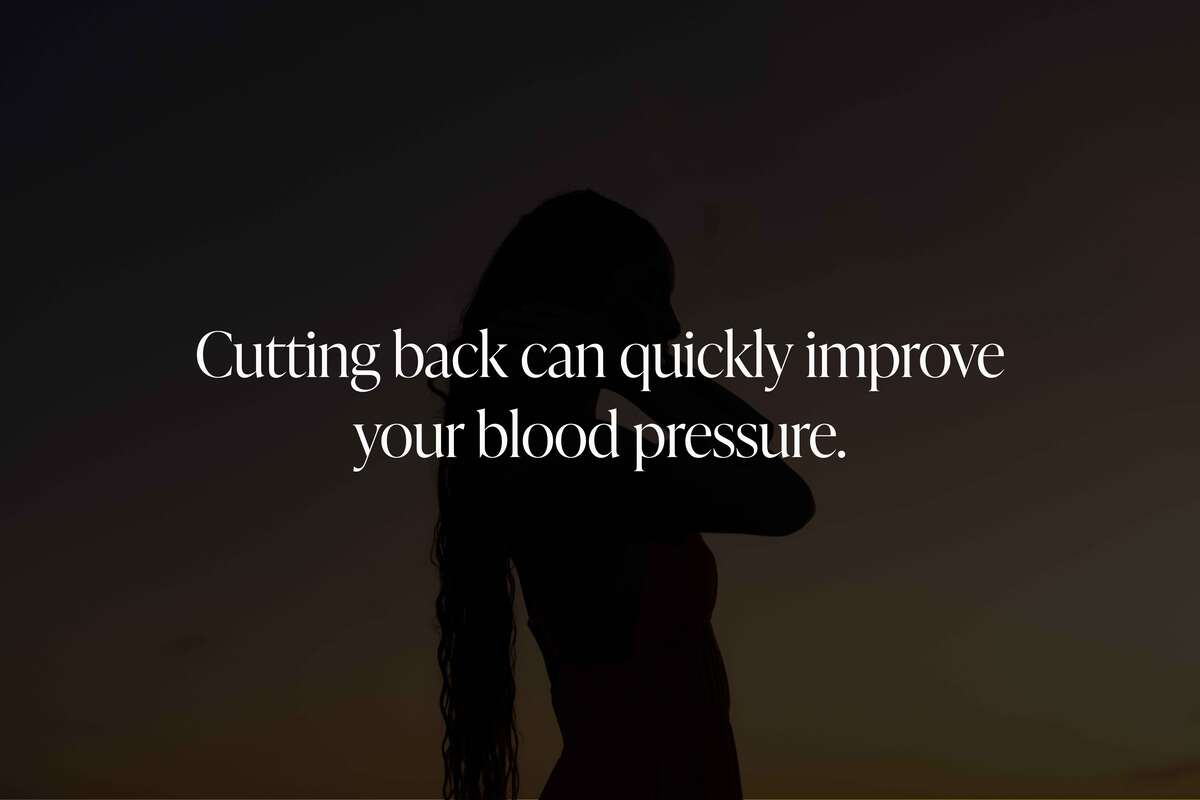Table of Contents
Yes, Alcohol Can Raise Blood Pressure
Alcohol consumption directly impacts blood pressure. Both short-term and long-term drinking patterns contribute to elevated readings. While a single drink may cause a temporary drop in blood pressure due to vasodilation, repeated or heavy drinking leads to sustained increases. The American Heart Association and numerous studies confirm that drinking more than moderate levels significantly raises the risk of developing hypertension.

What Is Considered Moderate Drinking?
Moderate drinking is defined as:
- Up to 1 drink per day for women
- Up to 2 drinks per day for men
One standard drink equals:
- 12 oz of beer (5% alcohol)
- 5 oz of wine (12% alcohol)
- 1.5 oz of spirits (40% alcohol)
Exceeding these limits consistently is associated with higher blood pressure, even in individuals who are otherwise healthy.
How Alcohol Affects Blood Pressure
Alcohol increases blood pressure through several biological mechanisms. First, it activates the sympathetic nervous system, which controls the “fight or flight” response. This activation causes blood vessels to constrict and the heart to beat faster, both of which raise pressure. Second, alcohol affects the kidneys’ ability to regulate fluid and sodium, leading to water retention and further pressure elevation. Finally, alcohol increases cortisol levels, a stress hormone that narrows blood vessels and contributes to hypertension.
Short-Term vs. Long-Term Effects
Short-term effects of alcohol on blood pressure depend on dose and timing. A small amount may cause a brief dip in pressure due to vessel dilation. However, within hours, especially after binge drinking, blood pressure typically rebounds to higher-than-normal levels.
Long-term effects are more dangerous. Heavy drinkers are at significantly higher risk of sustained hypertension. In fact, consuming more than 3 drinks per day has been shown to increase blood pressure over time in both men and women. Chronic high blood pressure can lead to:
- Stroke
- Heart attack
- Heart failure
- Kidney damage
How Much Does Alcohol Raise Blood Pressure?
Research shows a clear dose-response relationship. A meta-analysis of over 360,000 participants found that reducing alcohol intake lowered systolic blood pressure by 5.5 mm Hg and diastolic pressure by 4 mm Hg in heavy drinkers. Even light-to-moderate drinkers saw measurable improvements when cutting back.
This level of reduction is comparable to lifestyle changes like weight loss, reduced sodium intake, and increased exercise.

Is Red Wine Good for Blood Pressure?
The myth that red wine lowers blood pressure is not supported by science. While red wine contains antioxidants like resveratrol, the alcohol content counteracts potential benefits. Health organizations do not recommend drinking wine—or any alcohol—for cardiovascular benefits. If you’re looking to improve heart health, it’s safer to focus on diet, exercise, and stress management.

Can Cutting Alcohol Lower Blood Pressure?
Yes. Reducing or stopping alcohol consumption is a proven method for lowering high blood pressure. People with alcohol-related hypertension often see improvements within weeks of abstinence. In some cases, blood pressure normalizes without the need for medication.
If blood pressure remains elevated despite quitting alcohol, lifestyle changes and medication may still be necessary. Regular monitoring and a tailored treatment plan are essential.
Who Is Most at Risk?
People at higher risk of alcohol-induced hypertension include:
- Heavy drinkers (more than 3 drinks per day)
- Individuals with a family history of high blood pressure
- Those with metabolic syndrome or obesity
- People taking medications that interact with alcohol
Older adults are especially vulnerable because of reduced alcohol tolerance and increased sensitivity to its effects.
If you're unsure whether your drinking habits may be contributing to high blood pressure, professional support can help. Visit the Addiction Guidance page at Hollywood Hills Recovery to learn more about evaluation and recovery options.
Final Thoughts
Alcohol’s effect on blood pressure is often underestimated. While moderate drinking may seem harmless, frequent or excessive consumption increases hypertension risk and related complications. Reducing alcohol intake can lead to measurable improvements in cardiovascular health, making it one of the most effective steps toward long-term wellness.











